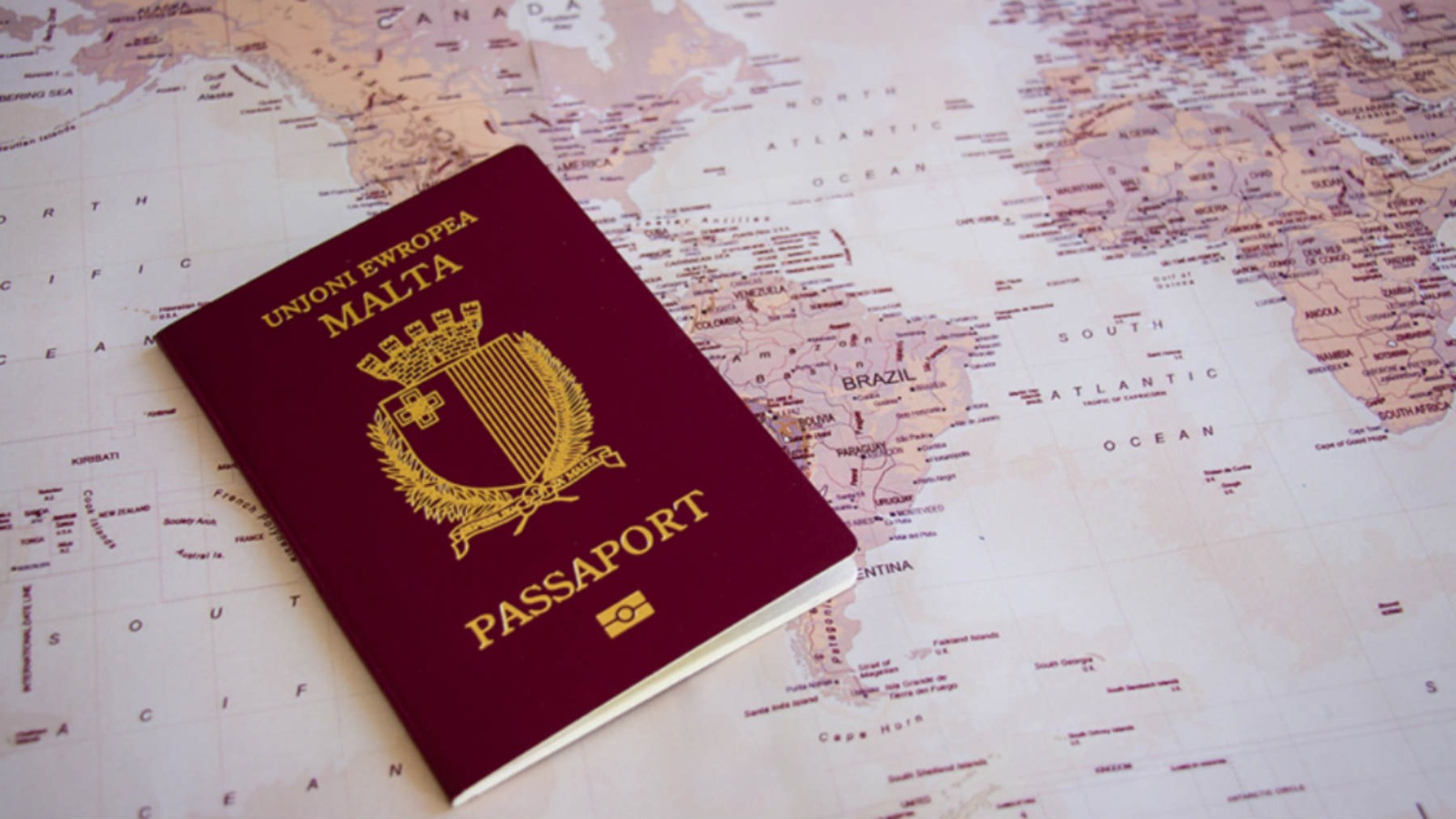At a webinar held last Friday by The Malta Chamber and The Malta Business Bureau (MBB), in association with the General Workers Union (GWU), different views emerged on aspects of introducing the right to disconnect as dedicated national legislation, with The Malta Chamber having already declared it favours reviewing existent laws to reflect today’s realities.
The event saw the participation of the main cross-sectoral social partners in Malta and discussed key topics from the EU autonomous framework agreement on digitalisation, which includes the right to disconnect. The employers were represented by The Malta Chamber, the Malta Employers Association (MEA), and the Malta Chamber of SMEs. The workers’ representatives were represented by the General Workers Union and UHM Voice of the Workers.
The right to disconnect awards workers the right not to respond to work communication or work remotely outside of agreed upon working hours, a practice which has been exacerbated by the pandemic and resulted in a wider pool of businesses with employees working remotely.
Last year, the Labour Government had said it wanted Malta to be the first country to introduce national legislation that would introduce the right to disconnect, and that discussions were ongoing for a first draft of a dedicated legislative framework. The Malta Chamber, the MEA and the MBB had come out against, arguing it is better to create a system of open dialogue rather than create new legal obligations.
The Malta Chamber had also argued that the existing Working Time Directive already sets out the rules on working and rest time and protects the health and safety of workers.
With a general election held last month, that saw the Labour Party cruise to its third consecutive victory, the right to disconnect was again included in its electoral manifesto.
On this issue, The Malta Chamber, the MBB and the GWU at last week’s webinar agreed that any future legislation should not be overly prescriptive and avoids a one-size fits all solution, given diverse conditions applicable to companies of different sizes and operating in different economic sectors.
During the webinar, organised as part of the EU TransFormWork project and funded by the EU Social Dialogue Programme, the social partners unanimously agreed that any movement on this subject should be based on a collaborative working culture between the employer and the employee.
During the event, Malta Business Bureau President Alison Mizzi emphasised, “Digitalisation is changing the way we work. Being ever present at the office has become an option not a necessity for several businesses. This opens the door for more flexible work arrangements but does not come without challenges, including stress from the excessive use of digital tools and the greyer delineation between work and private life. We must create more awareness, provide training and adopt proactive management practices that address these challenges.”
Malta Chamber CEO Marthese Portelli commented that on managing workloads, “It all boils down to mutual trust, synergy and collaboration between employers and employees. We need a change in mindset on the workplace which is more output driven. Moving away from a 40-hour week, punch-in, punch-out, to a productive KPI system will lead to more clarity and more efficiency.”
Other special guests were invited to share their expertise and experiences on specific topics, namely, Mireille Pellegrini Petit from Thrive Positive who spoke on the psychological impact of excessive use of technology; Lara Pace from Ganado Advocates who presented the legal parameters of surveillance at the workplace; and Chris Busuttil Delbridge from Evolve who shared best practices on implementing positive cultures at the workplace.
The main outcomes of the discussion revolved around the need to promote more positive cultures in companies and implement proactive human resources policies that are centred on flexibility, respect, and trust, in the relationship between employers and employees.
There was also agreement on the need of continuously creating awareness on the downside effects of excessive use of technology and the need for training to disconnect from digital tools during leisure time.
It was agreed that monitoring and surveillance should only go as far as what is needed for the purpose of securing the work environment. Employees should be made aware when surveillance takes place in full compliance with GDPR requirements.
During the event, The Malta Chamber presented policy guidelines on the Right to Disconnect for businesses. The event also included a presentation on the EU Autonomous Framework Agreement on Digitalisation and the Transformwork Project.
Malta’s R&D spend stays level at 0.6% of GDP
Total expenditure of research and development amounted to €121 million in 2023, an increase of €16.1 million
Most Maltese scam victims don’t know about dispute resolution service, study finds
In this day and age ignorance costs, as scammers are getting increasingly clever
Extreme heat set to leave 2.5% dent in Malta’s GDP by mid-century
The country is set to see GDP impacts from extreme heat






